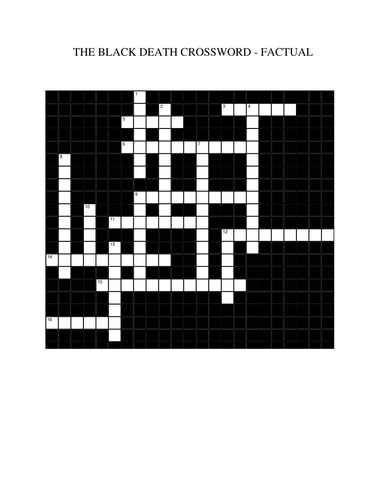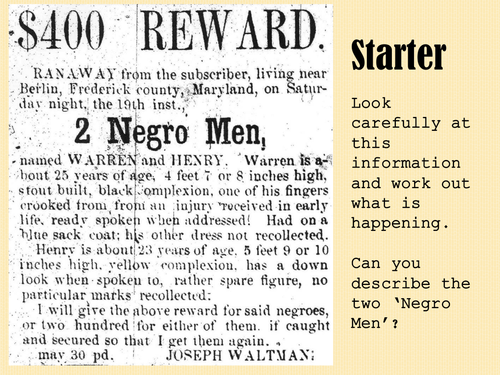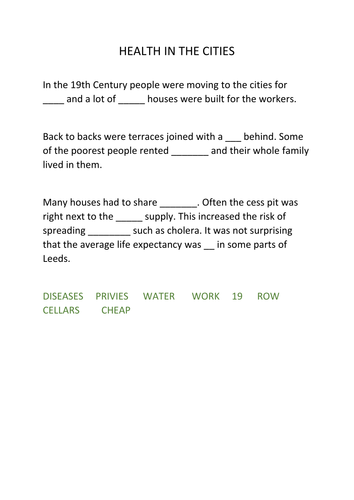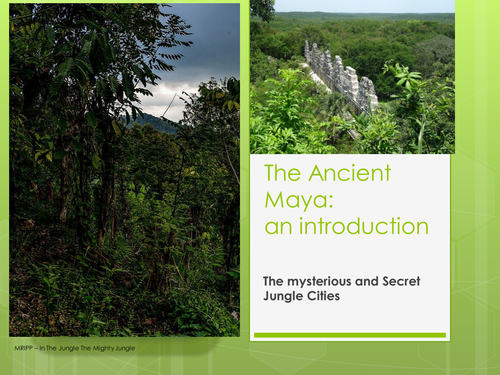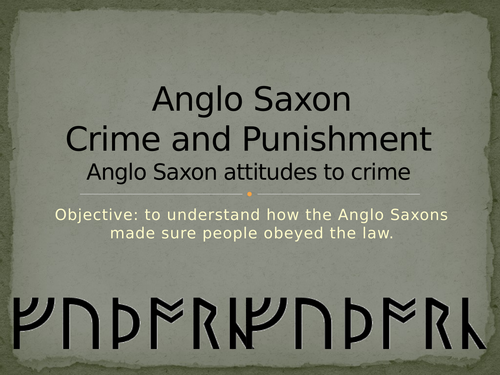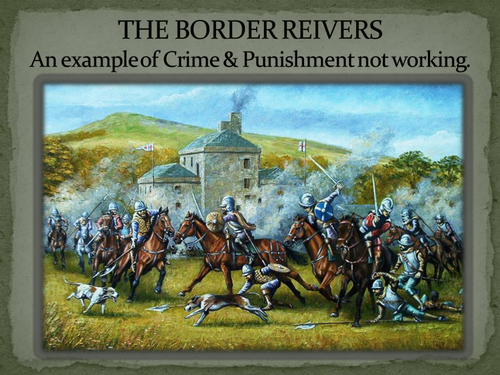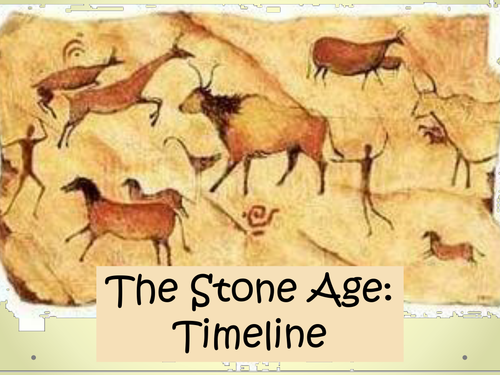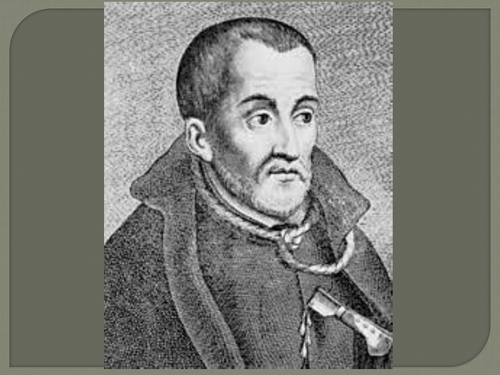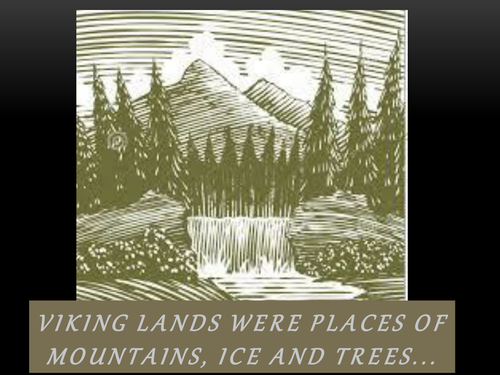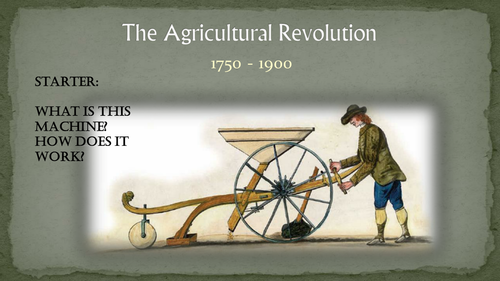Queenliz's Shop
History resources centred around thinking. There are resources for active 'walking through history' lessons, source studies and historical investigations. There are quizzes and lots of images to help engage. Ever conscious of the need to produce book work too, there is plenty of scope for written or source explanations.







